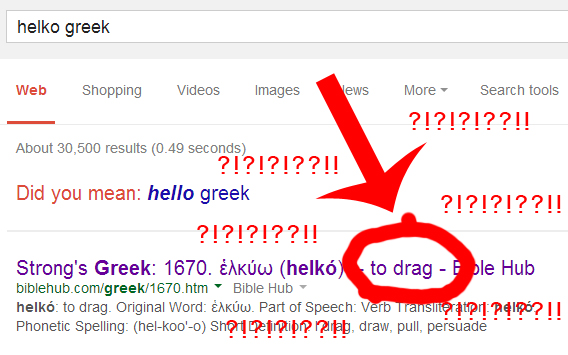The real question shouldn't be about English, but about the etymological scope and context of the Greek terms which mean something synonymous with choose/elect. The three which seem most relevant are ἐκλεκτός, ἐκλογή and ἐκλέγομαι, which all belong to the same family sharing the root of ἐκ coupled with λέγω. ἐκ, being a preposition for out of or from, in addition to λέγω, a verb for will, desire, purpose, etc. makes it quite clear that the idea of each word and its variants carry the main idea of from the will, with ἐκλεκτός functioning as adjectival (but carrying a verbal form or implying an action, c.f Col 3:12, God's chosen ones), ἐκλογή functioning as a noun (c.f. Rom 11:7, the elect), and ἐκλέγομαι functioning as a verb (c.f. Luke 10:42, Mary has chosen).
I'm assuming your question would actually be better stated "should we translate these words the same every time, or is there a time when one [English] word should be used rather than another one?" Really the main difficulty here is that we have a family of words in greek that differ based on their function, NOT their meaning, and yet in English we have multiple words that have a slightly different meaning/scope based on culture/context. For example, the term elect seems to be a formal variant of the idea behind the word choice, since it is often used regarding political offices and the choosing of a corporate body. It can also carry the concept of having weighed many different options, having surveyed all of the possible choices, and thus electing to go with a particular action. However I don't believe one can argue that the foundational idea of both elect and choice reflect anything but an action of the will, whether that be via a single individual or corporate entity. Even though using them synonymously may cause the speaker/reader to sound awkwardly less or more formal at times, the concepts driving each word are similar and thus can be exchanged.







